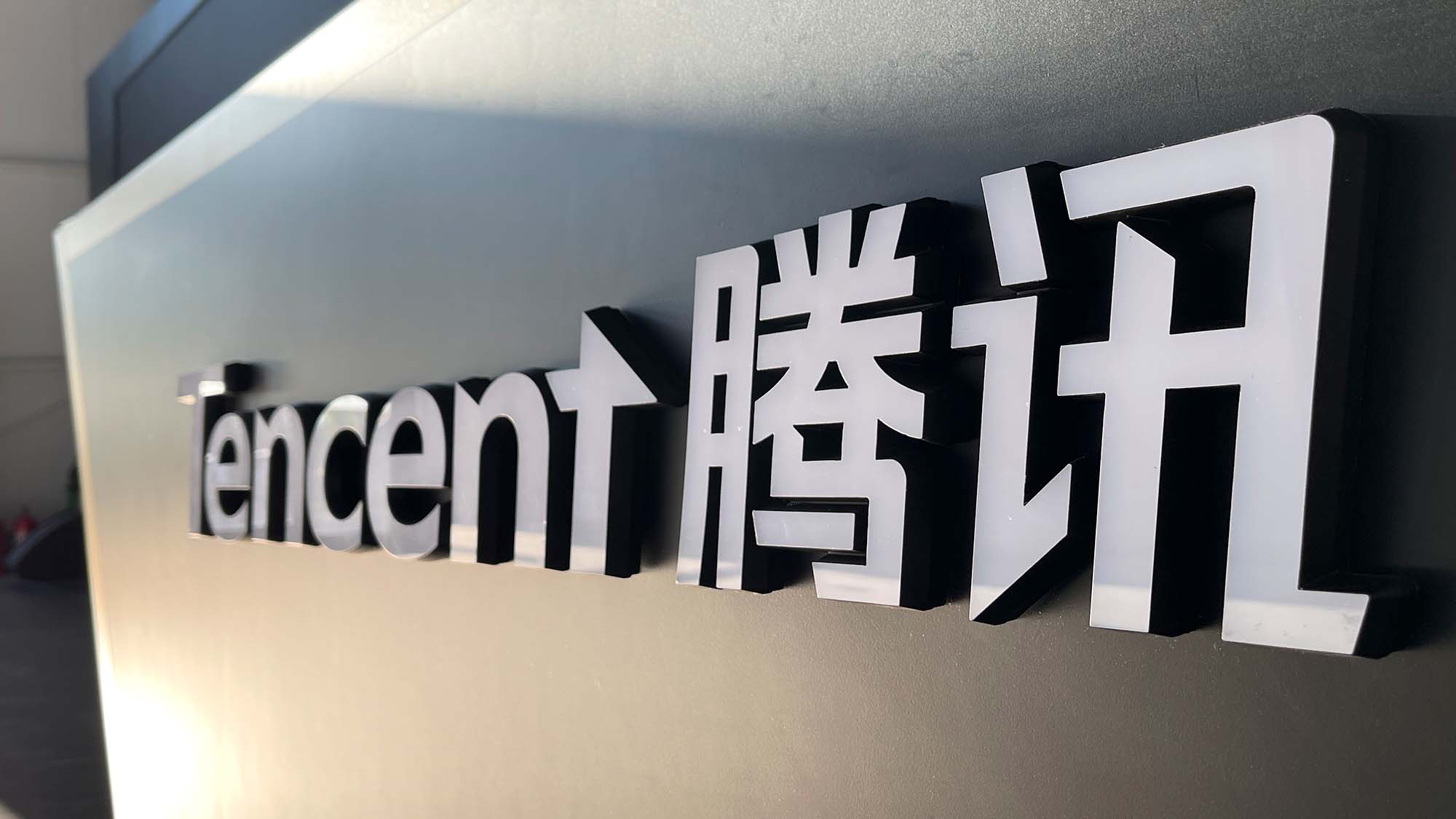Tencent unveils a stunning upgrade to its computing power in a bid to topple Nvidia — Xingmai 2.0 network supports over 100,000 GPUs in a single computing cluster
China's tech firms are fighting back against US export ban

Tencent has significantly upgraded its HPC network, known as Xingmai, enhancing its AI capabilities by up to 60% in network communications and 20% in LLM training.
The upgrade, reported by the South China Morning Post, reflects a broader effort among Chinese tech giants to boost technological self-reliance amid restricted access to advanced processors, such as Nvidia's H100, due to stringent US export controls.
The report says the Xingmai 2.0 network significantly improves the efficiency of how computing clusters communicate with each other. Previously, excessive communication time between clusters led to underutilized GPU capacities. By upgrading its network, Tencent has not only boosted the communication process but also managed to cut costs, a win-win for the firm.
In-house developed LLMs
The upgrade comes at a time when Chinese firms are increasingly seeking to reduce their dependency on foreign technology and come up with ingenious ways to work around the US’s export ban. In a previous example of this, we saw Huawei improve the performance of its AI chip by adding a vector unit in each core and increasing the clock speed to compensate for having fewer active AI cores.
Unlike its American competitors who focus on increasing spending and acquiring cutting-edge semiconductors, Tencent has achieved its performance gains by optimizing its existing facilities. The upgraded network now supports over 100,000 GPUs in a single cluster, doubling its initial capacity and reducing problem-solving time from days to mere minutes.
The Shenzhen-based company's advancements in AI are not limited to infrastructure improvements. South China Morning Post reports Tencent is actively promoting its in-house developed LLMs for enterprise applications, and it additionally offers services that assist other companies in developing their own AI models.
China's AI industry is currently engaged in a price war, with major firms like Tencent, ByteDance, Baidu, and Alibaba significantly reducing costs in a bid to undercut Western competitors. Tencent recently made its Hunyuan LLM lite version free and reduced prices for standard versions, following similar moves by its rivals.
Are you a pro? Subscribe to our newsletter
Sign up to the TechRadar Pro newsletter to get all the top news, opinion, features and guidance your business needs to succeed!
More from TechRadar Pro

Wayne Williams is a freelancer writing news for TechRadar Pro. He has been writing about computers, technology, and the web for 30 years. In that time he wrote for most of the UK’s PC magazines, and launched, edited and published a number of them too.